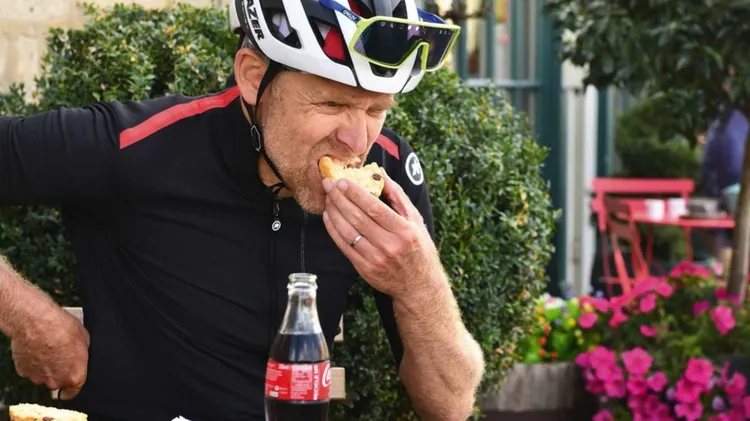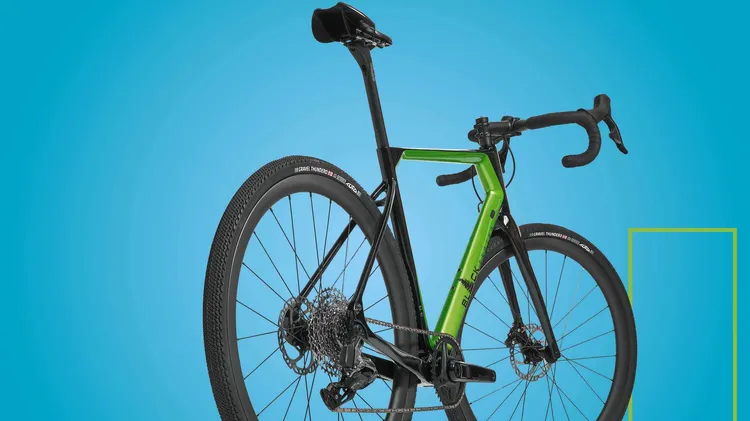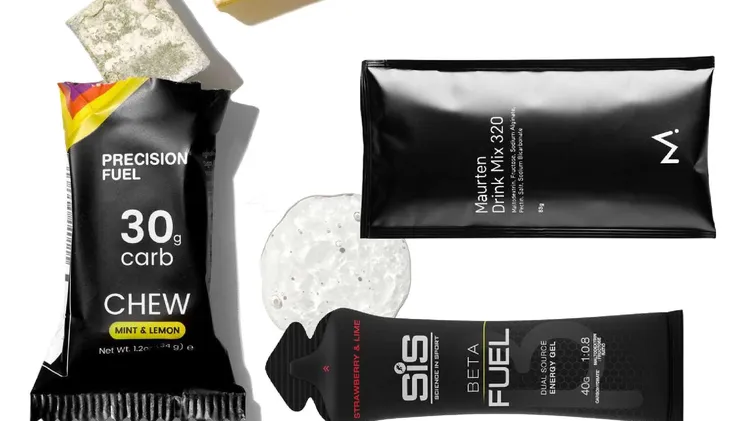Performance Q&AThe big cycling questions answered by our team of expert coache
Boost your ride
12 min read
This article is from...
Read this article and 8000+ more magazines and newspapers on Readly






